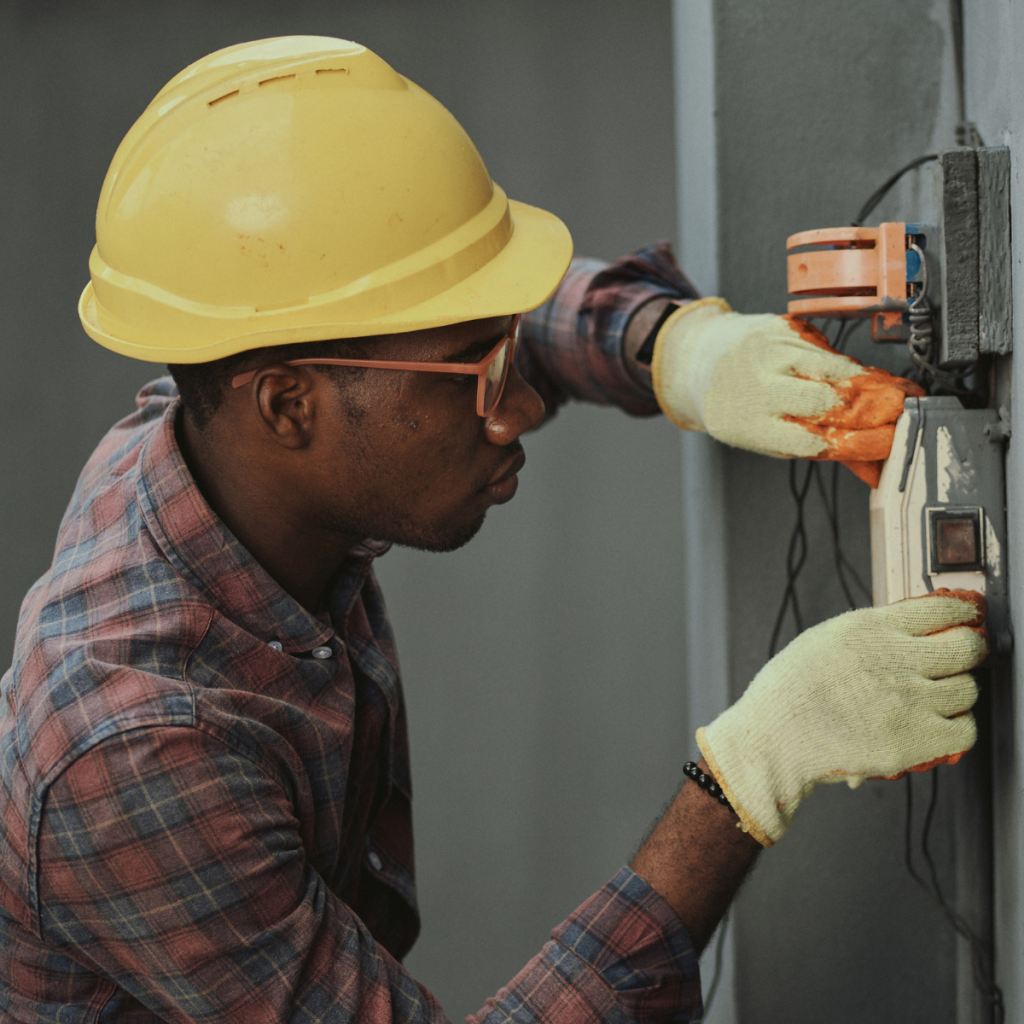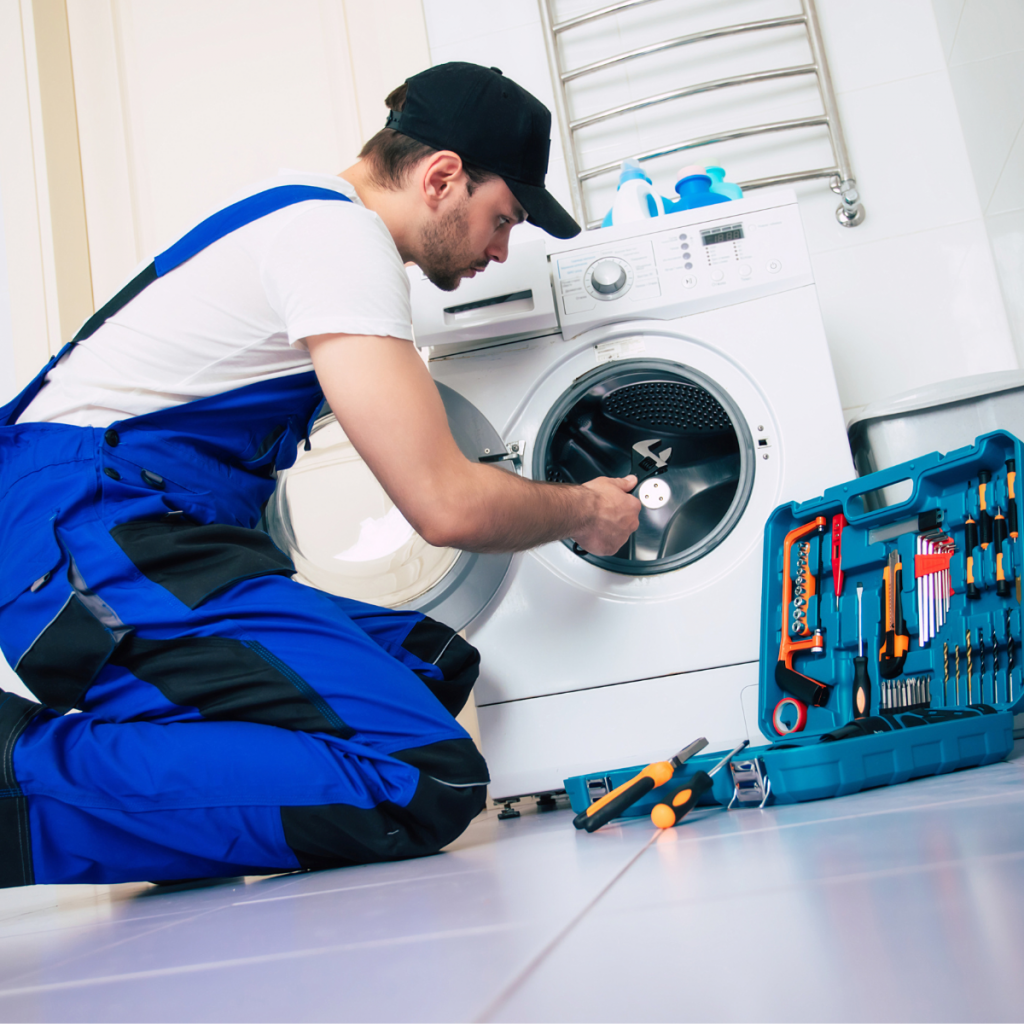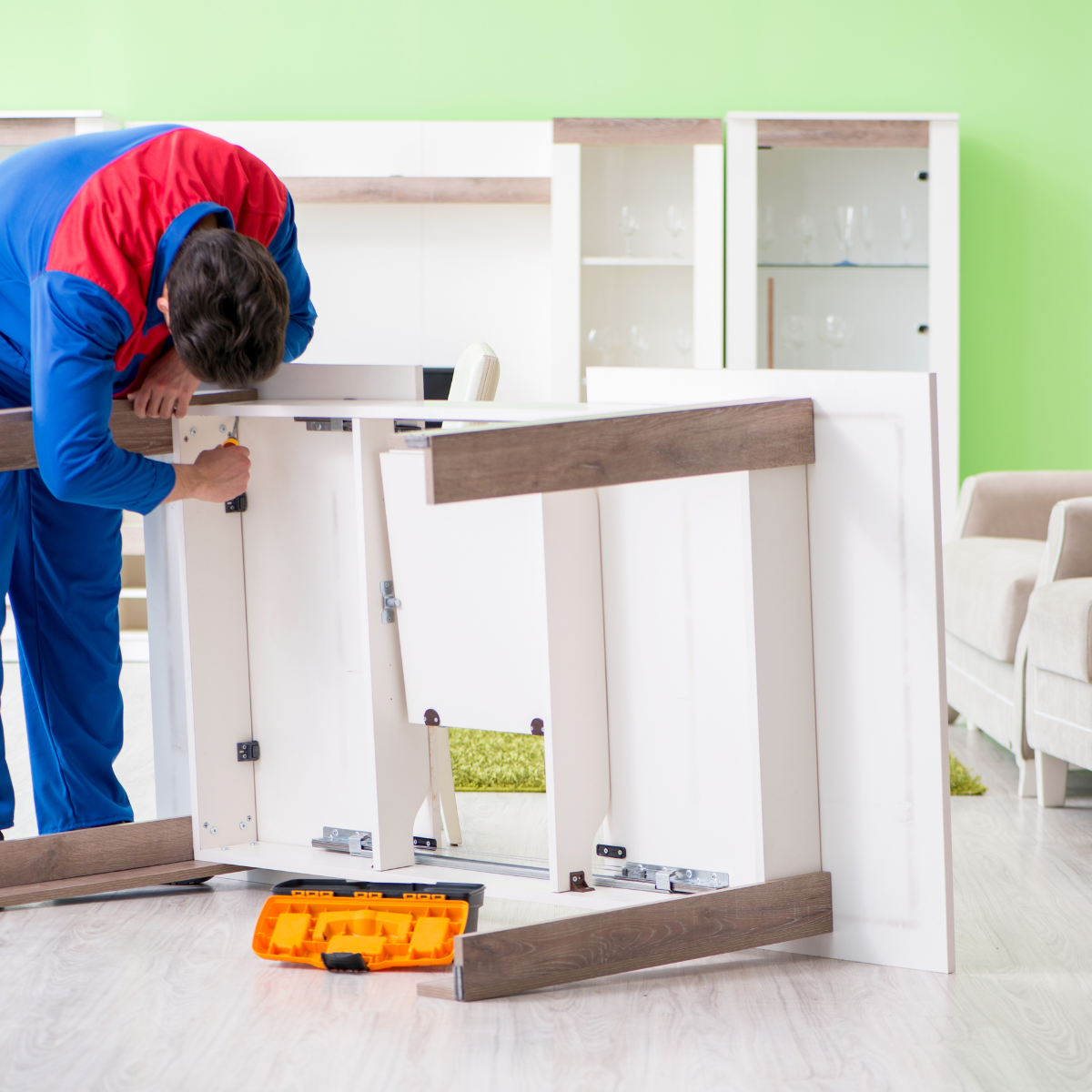When it comes to appliance repair, homeowners often have several questions regarding the process, costs, and what to expect. Whether it’s a malfunctioning refrigerator, broken washing machine, or faulty oven, understanding how repair services work can help you make informed decisions. In this article, we’ll address the most frequently asked questions about appliance repair services to help you better understand the process, save time, and ensure that your appliances are repaired efficiently. Read on to discover what you need to know before calling a technician and how to choose the best repair service for your needs.
What Should I Do Before Calling for Appliance Repair?

Before reaching out to a repair service, there are a few things you can check to help the technician diagnose the problem faster. First, make sure the appliance is plugged in and there are no obvious issues such as a tripped breaker. Next, check the user manual to see if there are any troubleshooting tips that can help resolve the issue. Lastly, take note of any strange noises, smells, or specific malfunctions the appliance is exhibiting, as this information will be helpful to the repair technician. Providing as many details as possible will save time and ensure an accurate diagnosis.
How Do I Know If I Need Professional Appliance Repair?
Determining whether to repair or replace an appliance can be tricky. While some minor issues can be fixed with a simple DIY solution, others require the expertise of a trained professional. If your appliance is making strange noises, not performing as expected, or has stopped working altogether, it’s time to call a professional. Additionally, if the appliance is old and has required several repairs recently, it may be more cost-effective to replace it rather than continuing to fix it. A qualified technician can assess the damage and advise you on the most practical course of action.
What Are the Common Types of Appliance Repairs?
Appliance repairs can vary depending on the type of appliance and the issue at hand. Some of the most common appliance repairs include:
- Refrigerator repairs: Issues such as temperature inconsistencies, loud noises, or leaks.
- Washing machine repairs: Problems with drum movement, leaks, or draining issues.
- Dishwasher repairs: Malfunctions in the spray arms, water drainage, or heating element.
- Dryer repairs: Overheating, no heat, or failure to turn on.
- Oven and stove repairs: Heating issues, broken components, or electrical malfunctions.
By understanding the most common appliance repairs, you can identify the issue and call a technician for quick resolution.
How Much Does Appliance Repair Cost?
The cost of appliance repair varies depending on several factors, including the type of appliance, the extent of the damage, and the repair service provider. On average, appliance repair services range from $100 to $400, with more complex repairs, such as those for refrigerators or ovens, potentially costing more. Labor charges typically account for a large portion of the cost, along with any replacement parts needed for the repair. It’s important to get an estimate from the repair company before proceeding with the service to avoid surprises. Additionally, some companies may offer a flat-rate fee for certain repairs, while others charge by the hour.
Should I Repair or Replace My Appliance?
One of the most common questions homeowners ask is whether it’s better to repair or replace a malfunctioning appliance. The answer depends on several factors, including the age of the appliance, the cost of repairs, and the severity of the issue. If the appliance is relatively new and the repair is minor, repairing it is usually the best option. However, if the appliance is old and the cost of repair is close to or exceeds the cost of a replacement, it may be more economical to invest in a new one. A professional repair technician can assess the situation and provide a recommendation.
How Long Will It Take to Repair My Appliance?
The time it takes to repair an appliance depends on the type of repair, availability of parts, and the technician’s workload. Simple repairs, such as replacing a part or fixing a small issue, may only take an hour or two. However, more complex issues, such as diagnosing electrical problems or replacing major components, can take longer. If the technician needs to order parts, the repair may be delayed for several days. It’s a good idea to ask for an estimated timeline when scheduling the repair to ensure that it fits within your schedule.
Can I Attempt DIY Appliance Repair?
While some minor appliance issues can be fixed with a DIY approach, most repairs are best left to professionals. Attempting DIY repairs can lead to further damage, void warranties, or even cause safety hazards. Appliances like refrigerators, washers, and dryers involve complex systems that require specialized knowledge and tools. For safety reasons, it’s always advisable to call a certified technician who is trained to handle appliance repairs. If you’re not confident in your ability to fix the problem, hiring a professional ensures that the job is done right the first time.
Are Appliance Repair Services Covered by Insurance or Warranty?
In some cases, appliance repairs may be covered by an extended warranty or homeowners insurance. If your appliance is still under warranty, check the terms and conditions to see if repairs are included. Some warranties cover specific parts or types of damage, while others may only cover repairs within a certain time frame. Additionally, some homeowners insurance policies may cover appliance repair if the damage is caused by a covered event, such as fire or flooding. Be sure to review your warranty or insurance policy to understand the coverage and any potential out-of-pocket costs.
How Can I Choose the Best Appliance Repair Service?
Choosing the right repair service is crucial for ensuring a quality, reliable repair. Here are a few tips to help you find the best provider:

- Read reviews and ask for recommendations: Check online reviews and ask friends or family for recommendations to find reputable service providers.
- Verify licenses and certifications: Ensure the company is licensed and certified to perform appliance repairs in your area. This ensures that the technicians are qualified and trained.
- Get an estimate before agreeing to repairs: Always request an estimate upfront to avoid hidden costs. A reliable company will provide an honest quote based on the scope of the repair.
- Check for guarantees: Look for companies that offer warranties on their repairs. A reputable provider should stand behind their work.
By following these steps, you can confidently select an appliance repair service that meets your needs and provides high-quality work.
What Should I Do After My Appliance Is Repaired?
Once your appliance has been repaired, it’s essential to take proper care of it to prevent future issues. Regular maintenance, such as cleaning filters, checking seals, and inspecting hoses, can extend the lifespan of your appliance. Additionally, make sure to follow the manufacturer’s guidelines for use and maintenance. If your appliance is still under warranty, keep the receipt and any documentation related to the repair in case any issues arise in the future. If you’re satisfied with the service, consider leaving a positive review to help others find reliable repair technicians.
Conclusion
Appliance repairs are an inevitable part of homeownership, but understanding the process can help you make more informed decisions. By asking the right questions and knowing what to expect, you can ensure that your appliances are repaired efficiently and cost-effectively. Whether you’re dealing with a refrigerator that isn’t cooling properly or a washing machine that won’t spin, professional repair services can get your appliances back to working order. By choosing a reliable service provider and addressing issues promptly, you can extend the lifespan of your appliances and avoid costly replacements.

Leave a Reply